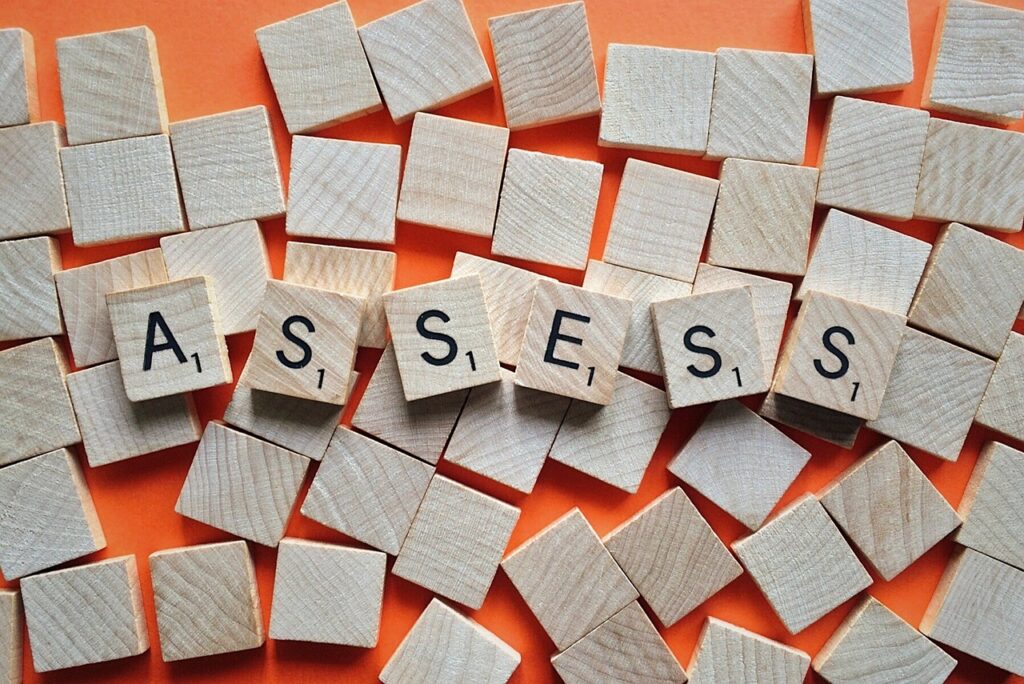As our children grow up, we get to bear witness to the ways they change and develop and begin to engage with the world around them. As we walk alongside them on their learning journey, we may also be privy to their critical ways—their critical thinking ways, that is. For me, that learning journey includes me as their teacher and not just their parent, and as unschooling homeschoolers, we have explored some fascinating topics of their choosing and have read nonfiction books (including nonfiction picture books) on myriad subjects.

One such book we explored recently was The Fallacy Detective, a book that introduces argument fallacies, or bad reasoning, many people use when debating a subject. There are 38 lessons surveying approximately 35 different common forms of poor reasoning through a definition of the specific fallacy together with examples. At the end of each chapter, there are exercises reinforcing the most recent concept; but the exercises also build on the previous chapters. In other words, the further along we got in the book, the more information they had to know and be able to recall.
Challenging to say the least.
But not nearly as challenging as I expected it to be. While I had an answer key with which to double check their responses, they had only their recollection. And it was impressive. But not nearly as impressive as listening to them call out fallacies and errors in reasoning in everyday life—in their reasoning, my reasoning, and in advertisements and politics. In fact, at different points of this fallacy detective journey, each teen suggested that perhaps politicians read this book for the logic errors it uses, because my teenagers were able to highlight several poor arguments during the presidential election season they witnessed in YouTube political ads.
By the end of the book, we were closing in on December, and, for our family, that usually translates into watching Hallmark Christmas movies. That then means television advertisements, or, for my teens, an opportunity to practice their fallacy detective skills. They called out things like appeal to pity, bandwagon, appeal to tradition, either/or, appeal to the people. It was both entertaining and admirable.

In this day and age, where information is everywhere and opinions are shaped by the same information overload, I am thrilled to bear witness to the logical abilities of these two young women. Recently, having finished the Fallacy Detective book, we started a critical thinking book, Think for Yourself, that introduces them to the ideas of evaluating information as well as sources of information to draw their own conclusions. Imagine my delight as we reached the part in the book discussing, you guessed it—fallacies, and they easily recognized the handful introduced as part of assessing evidence.
And while I love that they demonstrate a strong logical ability when we read these books, I love even more the conversations these books inspire. Because we work at our own pace in our homeschool learning, I get to pause the book and entertain their queries and encourage their critical thinking and field the questions they raise about topics in the book or something they saw in a Pinterest post or a claim they saw from a favorite YouTuber or a YouTube ad while watching a favorite YouTuber.
Because here’s the thing. Obviously, as teenagers, I love that they still want to know what I think about things, but I am far more interested in hearing what they think and believe. I want to provide space for them to wrestle with big questions and ideas. I want to help them understand how to evaluate the information with which we are pretty much bombarded daily. I want to hear their thoughts. And, here’s the thing about listening more than talking—I learn a whole lot more that way, from them and about them. That’s pretty awesome as far as I’m concerned.

